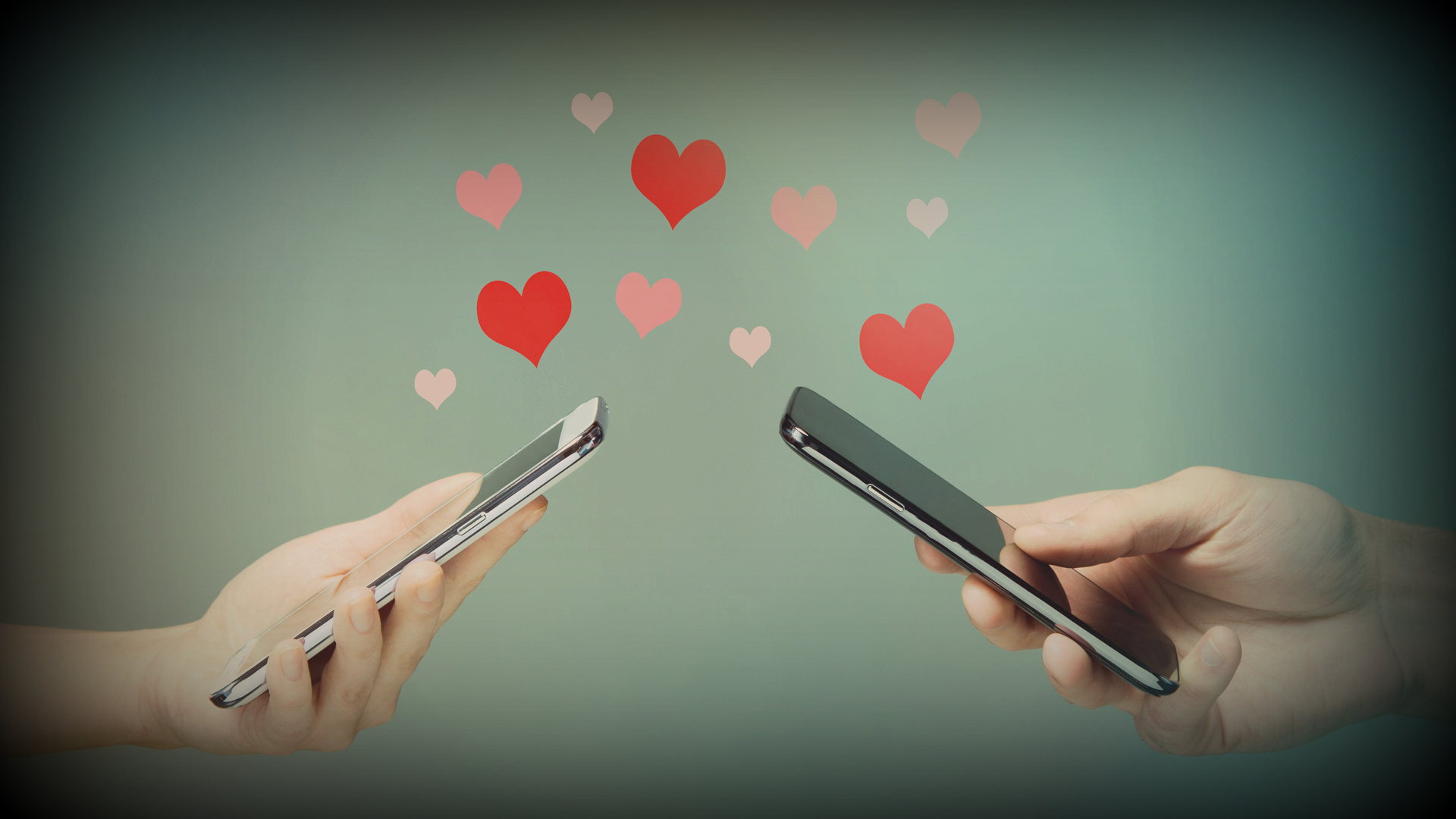You’ve had it, your friends have it, your flatmates probably have it… but hopefully your parents don’t have it! It grows in both quantity and quality on a daily basis, and you may even hear it mentioned more than Britain’s current long-standing buzzword, the infamous “Brexit”. With dates galore and many a tale to share over drinks or screenshots of the worst chat up lines to send to your group chat, it certainly leaves much to talk about. But why is the mobile dating app ‘Tinder’ such a controversial, if not humorous, topic to raise? Particularly in relation to the reinvention of romance in today’s society? Can it be helpful for those who struggle with finding love in the flesh? Is it boosting our confidence or simply contributing to our contemporary burden?

For those of us who remain untainted by its seemingly inescapable presence, Tinder is a mobile phone application which allows users to find potential dates based upon their own location, as well as a brief number of demographic personal preferences. This is achieved through swiping right to ‘like’ an individual, or left to ‘pass’ on them. In most cases, other service users cannot know if you’ve liked them unless they like you back. Launched in 2012 and now one of the UK’s most downloaded applications, Tinder has gained significant popularity within the last couple of years, as more and more users begin to appear and the database consequently increases. Such applications are generating a worldwide spend of £448m in 2017, solid proof of their widespread popularity.
When personalising a Tinder account, there is an option to add up to 6 pictures, as well as your Facebook, Instagram and Spotify accounts. However, unlike other online dating services, Tinder is more appearance-oriented, whereby many users’ swipe left or right purely based on their attraction (or lack of) rather than reading the biography, where some individuals choose to provide what is usually a short and sweet (sometimes witty) summary of themselves. This is heavily contrasted with sites such as Match.com or Plenty of Fish, who provide a far more intricate, detailed system of self-presentation and pairing. Despite this futility, Tinder thrives in today’s fast-paced, time constrained world.
Whilst Tinder may appear basic and even artificial at face value, one group in particular have praised its practical, simplified nature. There appears to be a general feeling amongst the millennial LGBT community that with the exception of a few technological glitches and the lack of an option to choose from multiple genders, Tinder provides an inclusive approach to finding other queer people in the local area. Research by Rosenfield and Thomas even showed that by 2010, 70% of same sex couples had met online, up from 30% in 2005. In an interview I conducted amongst first year students discussing the benefits of Tinder within the gay community, one participant by the name of Emily expressed her appreciation of the new dating phenomenon. “Tinder actually boosts my confidence” she responded, saying that it “makes finding queer people easier and there’s not much question over their sexuality as there is in real life”. However, “it makes asking people out in real life weird, because you don’t know if they like you as much as if they’d matched with you”. Another participant who has found her current partner on the app, Amy, emphasised the self-reflective nature of the app, saying that it “makes me more aware of the side of myself I’m willing to share with others”. She also explained that, “there are still a lot of negative connotations surrounding online dating” although “it’s made dating much easier”. With two individuals summarising what appears to be a widespread belief about such methods of matching, surely this tech revolution isn’t something to be completely shied away from.
All in all, the criticism that Tinder takes individuals’ worth and places it into six pictures and a few sentences may be justified, if it weren’t for the successes and hilarities that many report experiencing through the app. In a rush to catch up, dating is just joining everything else in the march towards a technologically-driven world, and perhaps this should be embraced. It also helps those who do not fit within a cisgender, heterosexual framework to find someone without the added pressure of guessing the other’s sexuality or gender identity, so this inclusivity is almost certainly deserving of some praise. But with dating in real life now perceived as more difficult than ever, what does this have in store for the future of matchmaking?
Catheryne Fairbairn
Image: [She Knows]

